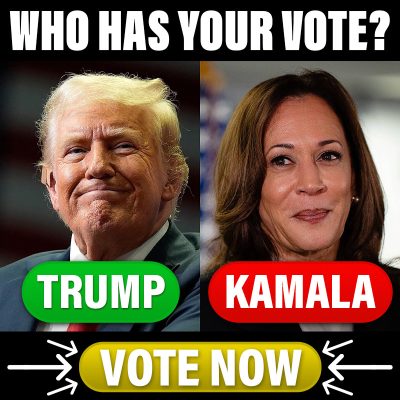As legal actions directed at ex-President Donald J. Trump progress, there is a heightened focus on the jury selection process. The former president is facing charges of retaining confidential government documents at his residence in South Florida, with his trial scheduled in the U.S. District Court located in Fort Pierce.
Many observers have speculated that the location might work in his favor owing to the conservative leanings of the potential jurors. Nevertheless, the case’s intricacies could go beyond mere political affiliations.
Jeffrey Tew, an experienced attorney from Miami, presents the jury selection for this case as potentially the most demanding task conceivable. He highlights the necessity for jurors capable of evaluating the facts and laws impartially, unhindered by preexisting biases. The politically charged nature of the trial and Trump’s divisive image compound the difficulty of this undertaking.
Tew expressed the complexity of the situation, stating, “This is probably the most difficult jury selection imaginable.” He emphasized the need for a jury that can objectively evaluate the case, adding, “What you want in your jury is to have people judge the facts and the law without any preconceptions as to what the facts are and what the laws are.”
The trial’s locale’s political makeup also plays a significant role. Fort Pierce, comprising several counties, predominantly sways Republican, as the voter registration data clearly indicates. The former President’s triumphs in the presidential elections of 2016 and 2020 in four of these counties further reinforce this political disposition.
Tew further highlighted the political nature of the trial, saying, “You’re choosing a jury in probably the most political trial in American history.” He pointed out the constant media attention on former President Trump since his campaign days and how his strong personality has a polarizing effect. “Former President Trump from the day he started running has been in the news almost every day, and he has a very forceful personality that turns some people off and turns some people on.”
While the conservative jury pool might seem favorable, the commencement of the trial remains ambiguous due to the extensive groundwork required from both parties. Trump’s co-defendant, Waltine Nauta, is still in search of a Florida-based attorney for his arraignment. Additionally, the presiding judge, Cannon, has hinted at potentially relocating the case to another city.
The selection of the jury is projected to be a thorough and swift process. Marc Hurwitz, who heads Crossroads Investigations, a Miami-based investigative and jury consulting firm, suggests that both parties will have to accumulate extensive data about potential jurors promptly. Such data encompasses political alignments, criminal history, profession, education level, and experiences with government intervention.
The Trump case aligns with a sequence of high-profile cases in the Southern District of Florida that have attracted national and global interest. These cases, marked by their complexity and political ramifications, underscore that relying solely on political orientation is an oversimplified approach to predicting jury verdicts.
Like preceding high-profile cases, the Trump case involves confidential documents. Yet, the focus is not on the content of these documents, but on Trump’s alleged unlawful possession and his subsequent responses when questioned. As indicated by Anthony Natale, an attorney based in West Palm Beach, the jurors will likely not see the actual documents but will be provided summaries sanctioned by the judge.
“The case has all sorts of aspects to it.” He pointed out the issues arising from Trump’s actions after the discovery of the classified papers and his interactions with the FBI. “Once it was discovered (Trump had classified papers) and they asked to give them back and he didn’t, that’s a problem. If you talk to the FBI and don’t tell them the truth, that could be a problem,” Natale explained.
The process of jury selection for the Trump trial is a multi-layered task that transcends political allegiances. The verdict will hinge on various factors such as the jurors’ capacity to analyze the facts and laws without prejudice, their political inclinations, and their perceptions of the ex-president. However, the selection occurring in a red stronghold can be construed as a net-positive development for Trump at the least.

